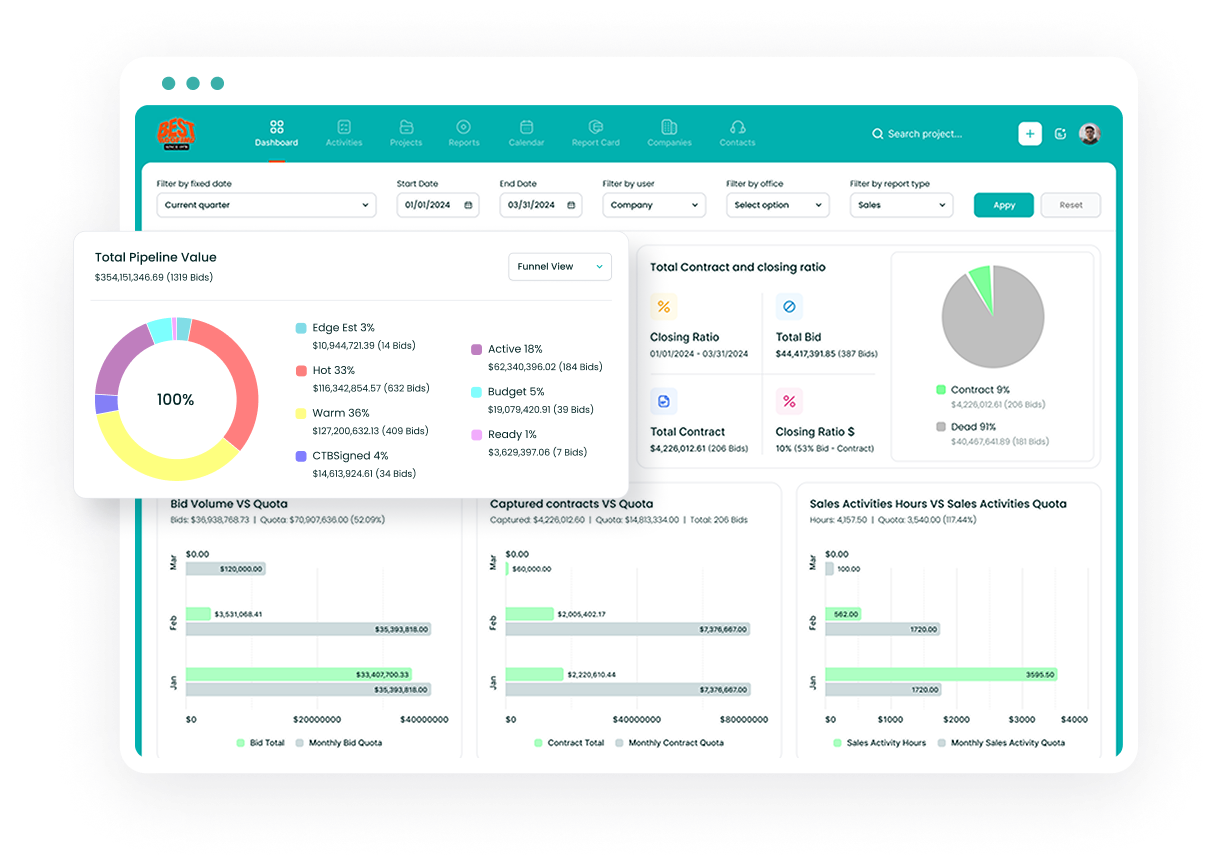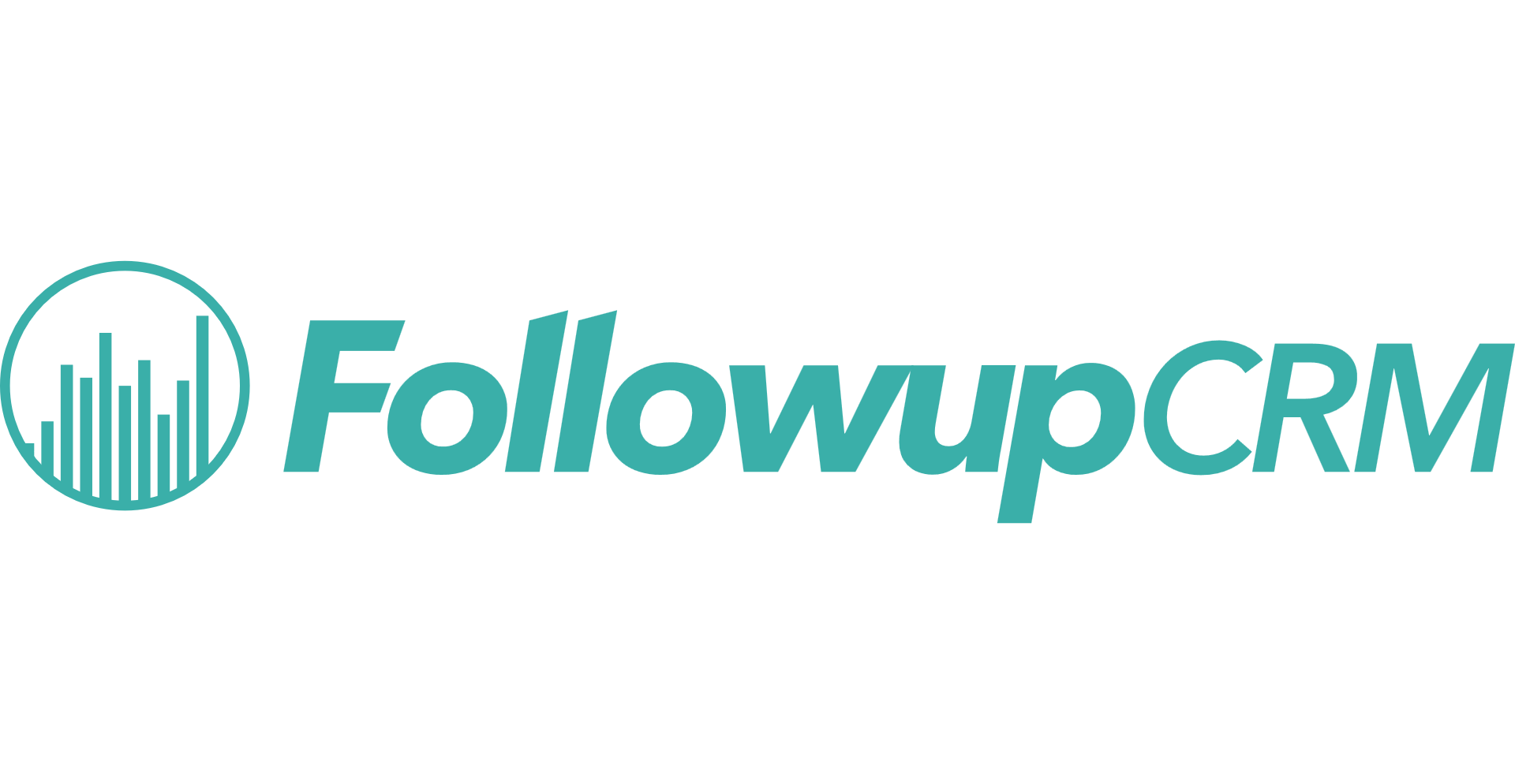Corecon vs Procore
The construction industry continues to evolve with digital transformation, and choosing the right project management software has become crucial for success. Corecon and Procore represent two distinct approaches to construction management software. Both platforms have established themselves as reliable solutions, serving construction professionals across various project sizes and complexities. This detailed comparison will explore their features, pricing, user experience, and overall value to help construction professionals make an informed decision.
Understanding the Core Features and Capabilities
Construction professionals need robust tools that streamline their daily operations. Corecon delivers a cloud-based solution that emphasizes simplicity and essential functionality, making it particularly appealing to small and medium-sized companies. The platform incorporates modules for estimating, project management, and job cost control, ensuring a smooth workflow from project inception to completion.
Procore takes a more expansive approach by creating an all-encompassing collaboration hub. The platform excels in connecting owners, general contractors, and specialty contractors through its extensive feature set. Its comprehensive toolkit includes everything from basic project management to advanced quality control systems.
These platforms differ significantly in their approach to document management. While Corecon maintains a straightforward system focused on essential document control, Procore implements an advanced version control system that tracks every modification and allows for complex document relationships.
Financial Management and Integration Capabilities
Managing construction finances requires sophisticated tools that can handle complex calculations and reporting requirements. Corecon's financial management system focuses on fundamental job costing and financial analytics, providing seamless integration with QuickBooks and other popular accounting software. This straightforward approach makes it particularly suitable for companies with straightforward financial tracking needs.
Procore's financial management capabilities extend beyond basic tracking to include comprehensive budget forecasting and extensive financial reporting tools. The platform supports integration with numerous accounting systems, offering flexibility for organizations with complex financial structures.
The distinction in integration capabilities becomes even more apparent when examining the broader ecosystem. Procore maintains connections with over 200 third-party applications, while Corecon offers a more focused selection of essential integrations.
Mobile Accessibility and Field Operations
Construction professionals spend significant time away from their desks, making mobile functionality a critical component of project management software. The ability to access, update, and share information directly from construction sites enhances productivity and ensures seamless communication between field teams and office staff.
Corecon's mobile capabilities focus on fundamental site management needs:
- Basic project management tools for daily tasks
- Simple document access and sharing
- Essential photo documentation features
- Standard progress reporting functions
- Basic offline access capabilities
Procore's mobile platform delivers advanced field operation features:
- Comprehensive offline mode with full functionality
- Advanced photo and video documentation tools
- Real-time drawing markups and annotations
- Sophisticated GPS tracking and geolocation services
- Detailed quality and safety inspection tools
- Advanced progress tracking and reporting
- Customizable mobile forms and checklists
User Experience and Implementation Process
The success of construction management software heavily depends on user adoption and ease of implementation. Corecon prioritizes a straightforward user interface that requires minimal training, making it accessible to teams transitioning from traditional methods. The platform's learning curve remains relatively gentle, allowing new users to become productive quickly.
Procore's interface, while intuitive, presents a more complex environment due to its extensive feature set. The platform requires a more structured implementation process and comprehensive training program. However, this investment in learning typically pays off for larger organizations that utilize the full range of capabilities.
Both platforms offer customer support, but their approaches differ significantly. Corecon maintains a more personal support structure with direct access to support staff, while Procore provides 24/7 support through multiple channels and extensive self-service resources.
Cost Analysis and ROI Considerations
The financial investment in construction management software extends beyond the initial purchase price, encompassing various operational and long-term considerations. When evaluating these platforms, organizations must account for implementation costs, training requirements, potential productivity gains, and scalability to determine the true return on investment.
Corecon presents a transparent pricing structure with these key financial aspects:
- Monthly per-user fee of $25 for predictable budgeting
- Minimal upfront implementation costs
- Straightforward training requirements with lower associated costs
- Cost-effective scaling for small to medium teams
- Direct integration with common accounting software reducing additional expenses
Procore structures its pricing model with emphasis on project volume:
- Base pricing starting at $375 monthly for small construction volumes
- Unlimited user access included in the subscription
- Premium support and training resources built into pricing
- Flexible pricing tiers based on annual construction volume
- Extensive integration capabilities with 200+ applications
- Enterprise-level features included in higher-tier packages
Industry-Specific Solutions and Specialized Features
Construction companies often require specialized tools for different types of projects and sectors. Corecon excels in providing targeted solutions for residential and light commercial construction, with features specifically designed for these sectors. Their approach focuses on essential tools that these segments commonly need.
Procore's specialized features extend across a broader range of construction sectors, including heavy civil, industrial, and commercial construction. The platform includes specific toolsets for each sector, such as specialized quality control measures for healthcare facilities or specific safety protocols for industrial projects.
Both platforms continue to evolve their specialized offerings based on industry feedback and technological advancements. This commitment to improvement ensures that users have access to current best practices and emerging industry standards.
Collaboration and Communication Tools
Modern construction projects require robust communication systems that connect all stakeholders effectively. Corecon approaches collaboration through a streamlined system that focuses on essential communication needs. The platform enables direct messaging, document sharing, and basic workflow management that suits smaller teams and straightforward project structures.
Procore elevates collaboration capabilities with advanced features that support large, complex teams. The platform includes sophisticated permission systems, detailed audit trails, and comprehensive communication tools that facilitate coordination across multiple stakeholders.
The effectiveness of these communication tools becomes particularly evident in remote work scenarios, where both platforms have adapted to support distributed teams and virtual collaboration needs.
Data Analytics and Reporting Capabilities
Construction professionals increasingly rely on data-driven insights to make informed decisions. Corecon provides essential reporting tools that cover standard project metrics and financial indicators. These reports offer clarity on project progress, resource allocation, and basic performance metrics.
Procore's analytics capabilities extend further with advanced data visualization tools and customizable dashboards. The platform enables deep dive analysis into project performance, resource utilization, and predictive insights for project planning.
Both platforms continue to enhance their reporting capabilities, incorporating new technologies and responding to evolving industry needs for more sophisticated data analysis tools.
Security Measures and Data Protection Protocols
Construction data security has become increasingly critical in the digital age. Corecon implements industry-standard security protocols with regular system updates and data backups, ensuring project information remains protected. Their system includes role-based access controls and audit trails to monitor user activities across the platform.
Procore maintains SOC 2 Type II certification and implements enterprise-grade security measures. The platform provides advanced encryption for data transmission and storage, along with sophisticated user authentication systems. Their security framework includes comprehensive disaster recovery plans and continuous monitoring for potential threats.
Both platforms demonstrate strong commitments to data privacy compliance, adhering to international standards and regulations for data protection. Regular security audits and updates ensure that both systems remain resilient against emerging cyber threats.
Performance Optimization and System Reliability
The reliability of construction management software directly impacts project efficiency. Corecon maintains consistent uptime through distributed server architecture, ensuring smooth operation even during peak usage periods. Their system optimization focuses on delivering stable performance for core functionalities without overwhelming users with unnecessary features.
Procore's infrastructure supports high-volume data processing and concurrent user access, essential for large-scale projects. The platform's performance remains stable even when handling complex operations like large file uploads or extensive reporting tasks. Their system architecture allows for seamless scaling as project requirements grow.
Training Resources and Professional Development
The adoption of construction management software requires a well-structured approach to training and continuous education. Both Corecon and Procore recognize this need by providing comprehensive educational resources that cater to different learning styles and proficiency levels, ensuring teams can maximize their software investment through proper training and development programs.
Corecon provides essential training resources that focus on practical application:
- Basic onboarding materials and quick-start guides
- Phone and live support for hands-on learning
- Self-paced video tutorials
- Standard documentation library
- Direct access to support staff for personalized guidance
Procore offers an extensive range of professional development tools:
- Comprehensive certification programs through Procore Academy
- 24/7 support channels with dedicated account teams
- Interactive learning modules and simulation exercises
- In-person training sessions and workshops
- Advanced technical documentation
- Industry-specific training paths
- Enterprise-level customized training programs
Citations:
Project Implementation and Success Milestones
A successful software transition in construction management requires strategic planning and systematic execution. The implementation process for both Corecon and Procore follows distinct phases that ensure optimal adoption across the organization. While Corecon typically demonstrates faster initial setup due to its streamlined feature set, Procore requires more extensive configuration to maximize its comprehensive capabilities.
The implementation timeline varies significantly between the two platforms:
- Corecon setup and basic configuration can be completed within one to two weeks, while Procore may require three to four weeks for initial deployment.
- Training programs for Corecon users typically conclude within two weeks, whereas Procore's extensive feature set necessitates four to six weeks of structured learning.
- Teams achieve basic proficiency with Corecon within three weeks, while Procore users require four to six weeks.
- Complete mastery of advanced features takes two to three months for Corecon and four to six months for Procore.
- Organizations observe tangible efficiency gains within four months of Corecon implementation and six months of Procore deployment.
The variation in implementation timelines reflects the different approaches of each platform. Corecon's focused functionality allows for quicker adoption, particularly beneficial for smaller organizations seeking immediate operational improvements. Procore's comprehensive feature set demands a more structured implementation process but delivers extensive capabilities that support complex project management needs.
Selecting the Right Construction Management Software Solution
Choosing between Corecon and Procore requires careful consideration of organizational needs and growth objectives. Small to medium-sized companies often find Corecon's straightforward approach and pricing structure advantageous for their operations. The platform's focused feature set and intuitive interface provide excellent value for companies seeking efficient project management tools.
Larger organizations with complex project portfolios frequently benefit from Procore's comprehensive capabilities and unlimited user model. The platform's extensive integration options and advanced features support sophisticated workflow requirements while maintaining accessibility for diverse user groups.
Success in construction management software implementation depends on matching organizational requirements with platform capabilities. Companies should evaluate their current needs while considering future growth potential to ensure their selected solution remains viable as operations expand.
Sources: [1] https://www.procore.com/pricing [2] https://project-management.com/corecon-software-review/ [3] https://www.selecthub.com/p/construction-management-software/corecon/ [4] https://www.jibble.io/construction-software-reviews/procore [5] https://www.selecthub.com/construction-management-software/procore-vs-corecon/ [6] https://www.saasworthy.com/product/corecon/pricing [7] https://softwarefinder.com/construction/corecon-technolohies-software
The CRM Built For Construction Companies
No more disorganized data. Track your leads, bids, and customers all in one place.
Seamless Integration with:
✅ Foundation ✅ Viewpoint ✅ Sage and more

Request a Live Demo Now
Learn more about how Followup CRM can help your construction company grow.







